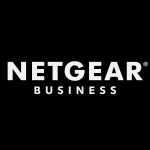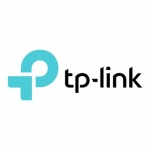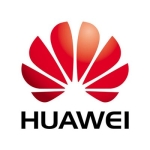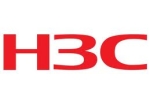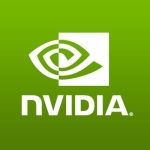What is our primary use case?
We have not deployed on the cloud because the company's core business is on yachts. Yachts are not familiar with the cloud and online solutions.
We have been integrating Cisco Catalyst Switches in yachts that are 100 feet in length to 100 meters in length. With simple infrastructure such as two or three switches connected with copper, and with large infrastructures we use a three-layer level with the backbone of a multimode fiber.
What is most valuable?
The switches are related to simple switching infrastructures, without the implementation of routing protocols. The routing protocols are referring to routers and layer three switches. They are not required with this kind of infrastructure.
I like the management of streaming both audio and video. On a yacht, the network infrastructure is not related to data usage, it is mainly for audio, video management, and distribution.
When compared with other brands, they are not as reliable as Cisco Catalyst Switches.
What needs improvement?
There is always something better. The price could be better.
The service contract for technical support should be included for at least the first year of purchasing the product.
For how long have I used the solution?
I have been working with Cisco Catalyst Switches for more than ten years.
Buyer's Guide
Cisco Catalyst Switches
December 2025
Learn what your peers think about Cisco Catalyst Switches. Get advice and tips from experienced pros sharing their opinions. Updated: December 2025.
879,371 professionals have used our research since 2012.
What do I think about the stability of the solution?
Cisco Catalyst Switches are reliable. It is very stable and performant. There have only been a few failures. In general, there is a very low level of failure.
What do I think about the scalability of the solution?
If we refer to shipyards, then we have six or seven shipyards in Italy and outside of Italy. When referring to Yachts, I have installed these switches on more than 100 to 200 Yachts.
How are customer service and support?
Technical support is very fast and highly skilled.
The only issue with the support is that without an active service contract, they will not address any of your concerns. Even if you are a Cisco partner, they will not address your concerns without an active technical contract.
Which solution did I use previously and why did I switch?
For networking and switching, we have used most Cisco solutions.
For Unified Communications, we have used BE6000 and 4000.
Switching solutions we the new brand 9000.
We started with the low level 9200 to 9500. We use the Cisco Firewall ASA 2100 and we have Wi-Fi solutions such as the Wireless LAN controllers 2500,3500, and 9800.
At one time, we also integrated Nexus switches.
In the past, my company used to propose low-level Cisco products such as Linksys. They were not reliable and the return on investment was not as high as Catalyst. This strategy was a failure.
How was the initial setup?
The physical installation is not difficult. There are four factors for all devices that are almost the same. The main factor is the configuration.
If you speak with someone who has five to six years of experience in Cisco products, it is really fast. If you have someone with little experience then it takes longer. Cisco Catalyst Switches can be configured using the command-line interface and not the web interface. The web interface would be fine for people who do not have a lot of experience with the product.
Using the command-line interface is a faster way to configure for skilled people who have experience, and not for technicians who are not as experienced.
It requires a complete team from the beginning. This includes the system engineer, the installer technician, the standard technician, and two or three IT engineers to configure and maintain these switches.
What's my experience with pricing, setup cost, and licensing?
The price for Cisco Catalyst Switches is not cheaper than other solutions.
Licensing fees are something that you pay at the time of purchase. During the year, I have not had any customers request to renew the license. I have only had customer requests to activate our systems contract when there has been an issue with the device. Cisco products have been shown to be very reliable and stable. It's something that rarely has to be activated.
I think that the price should be cheaper and they should include at least one year of basic service for technical support for each product, and not just the 90 days from the time of purchase.
Oftentimes, when my company purchases the Cisco products, they are not installed until three or four months after the date of purchase. The installation is done at least one year after the building and delivery of the Yacht which makes the warranty is not useful.
What other advice do I have?
I would recommend these switches to others. Over the years, I have been working with Cisco, and Aruba HP Enterprise devices. I can say that if you use Cisco, you will have good results and reliability. With comparisons, I would suggest not to use Linksys products if you don't have a stable environment, and you have an environment that is moving all over the world such as a Yacht.
I would rate Cisco Catalyst Switches a nine out of ten.
Which deployment model are you using for this solution?
On-premises
Disclosure: My company has a business relationship with this vendor other than being a customer. Integrator








